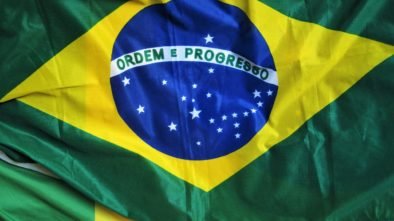Bitcoin is not a currency? South Africa will control cryptocurrencies as financial assets
South Africa’s central bank is poised to introduce regulations next year that will classify cryptocurrencies as financial assets to balance investment protection and innovation. Use of cryptocurrency in South Africa is on a healthy level, with about 13% of the population holding some form of digital currency, according to research by global exchange Lono. With more than six million people in the country having access to digital currencies, space regulation has long been a topic of debate. Companies or individuals wishing to provide advisory or brokerage services related to digital currencies must now be recognized as financial service providers. It contains a number of flags to comply with the global guidelines set by the Financial Action Task Force.
The budget review of the South African National Treasury, published in February 2022, officially introduced the move to declare cryptocurrencies as financial products. The government also plans to improve the monitoring and reporting of digital currency transactions to comply with the country’s exchange regulations. Speaking at an online series hosted by local investment firm PSG on Tuesday, Goben Chetty, deputy governor of South Africa’s central bank, confirmed that the new law will be implemented within the next 12 months. This brings cryptocurrencies under the jurisdiction of the Financial Intelligence Center Act (FICA). Deputy Governor Charba emphasized that cryptography is not considered a currency due to the inability to use daily retail and related fluctuations.
The dresses agreed that a constant interest in space creates the need to adjust this sector and creates its unity with the main fund “with the need for investment balance” and exaggeration in excitement and exaggeration. SARB continues to explore the launch of the Central Bank Digital Currency (CPDC), which recently completed a technical source in April 2022. The second stage of the KOKA project has exchanged and regulated with several banks using a blockchain-based system, which is part of the IFWG – Working Group (IFWG).
Read more: Kenya has the highest percentage of cryptocurrency owners in Africa. UNCTAD data indicate







